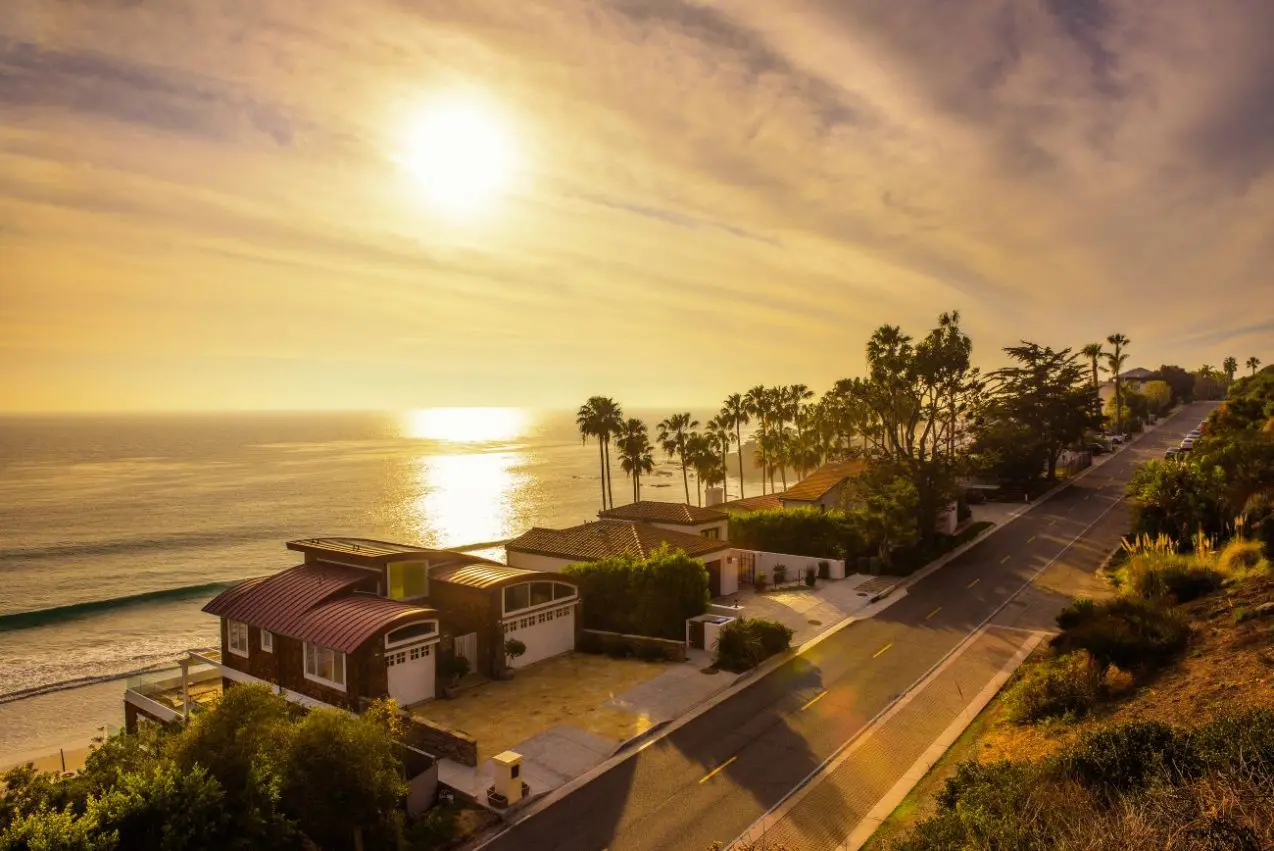For decades, Paradise Cove embodied the spirit of a modest middle-class mobile home community. With scenic views attracting families more interested in beach living than gated prestige, neighbors left their doors unlocked, and kids wandered freely to play. There was a real sense of community, where people looked out for each other and appreciated the simple pleasures of beachside living.
However, over time, as word spread of this hidden gem, outsiders took interest, and the once under-the-radar park transformed from an affordable offbeat neighborhood to a celebrity battleground saturated with seven-figure wheeled mansions and non-stop drama among rich and famous residents. Longtime residents felt that their beloved community was falling apart as flashy money replaced the old-fashioned values of trust, care, and belonging that were the real riches cementing their relationships.
In the early 2000s, stars like Stevie Nicks, Minnie Driver, and Matthew McConaughey began buying trailers in Paradise Cove, squeezing their outsized motorhomes onto petite plots alongside the surfers and creatives initially attracted to the area for the park’s beach access and lack of coastal development.
Today, A-listers Sarah Paulson and Ellen Degeneres are residents, while nearby traditional estates sell for up to $177 million to wealthy buyers no longer content with the typical Malibu mansion. Yet Paradise Cove mobile homes cost significantly less than these exorbitant prices because buyers only purchase the trailers themselves and then rent the land from the Kissel family, which has owned it since the 1960s. This rental structure keeps property taxes and public sales records low, though monthly land rates still range from $1,500 to over $4,000, which prevents most middle-class families from even visiting for vacation anymore.
Although modern structures technically comply with mobile home standards, most of the residences are now permanent triple-wide luxury homes on wheeled foundations. According to local real estate agent Brian Merrick, "They simply place wheels underneath 5,000 square foot mansions and refer to them as mobile homes, even though they clearly cannot actually be moved down the street, let alone driven anywhere."
Yet city codes require trailers to remain classified as mobile homes based on their wheels, enabling wealthy buyers to avoid regulations and property taxes levied on traditional homes. Critics argue that buyers manipulate technicalities to treat mobile home spaces like a secret VIP area where elite status comes from excluding regular people rather than any inherent value.
Ultimately, according to developers, the ability to live steps from the sand in Malibu makes Paradise Cove uniquely valuable, with little inventory compared to high demand driving prices over $5 million for simple trailers. Coastal access also fuels wealthy buyers to take over other mobile home parks like Montauk Shores at the opposite end of the country in the Hamptons.
The former modest middle-class vacation spot filled with family campers and visitors pitching tents under the stars has seen its seasonal trailers become six-figure status symbols and weekend second homes for the suddenly trailer-curious ultra-rich. This unexpected influx of finance executives paying millions for dated mobile homes has thoroughly alienated longtime residents of the formerly low-key Montauk Shores community. Where helpful mobile homeowners once adjusted their new neighbors’ propane tanks and faulty electricity boxes with smiles, they now find their communities overrun with bodyguards, personal assistants, and hangers-on who treat the area like a VIP section instead of a grounded communal space.
Wealthy buyers aren’t just dramatically impacting small beach enclaves. Across the country, multiple middle-class trailer parks and campground communities have been forced to deal with the fact that their once favorite hidden gem vacation spots are now popular home and party destinations for the uber-elite set attracted to the novelty of slumming it with the average American.
And while mobile home parks attempt to accommodate their unexpectedly wealthy clientele with premium amenities, they struggle to balance these upgrades while preventing long-standing residents from feeling alienated by new neighbors who fail to embrace local values. Ultimately, many minority owners feel pressured to sell to aggressive developers capitalizing on the rapid rise in property rates that definitely price out former residents, hoping to keep communities intact.



 Affordable Beachside Neighborhood Transformed into Billionaire's Row
Affordable Beachside Neighborhood Transformed into Billionaire's Row